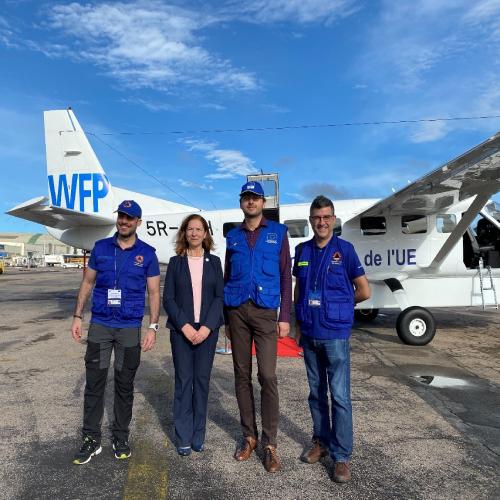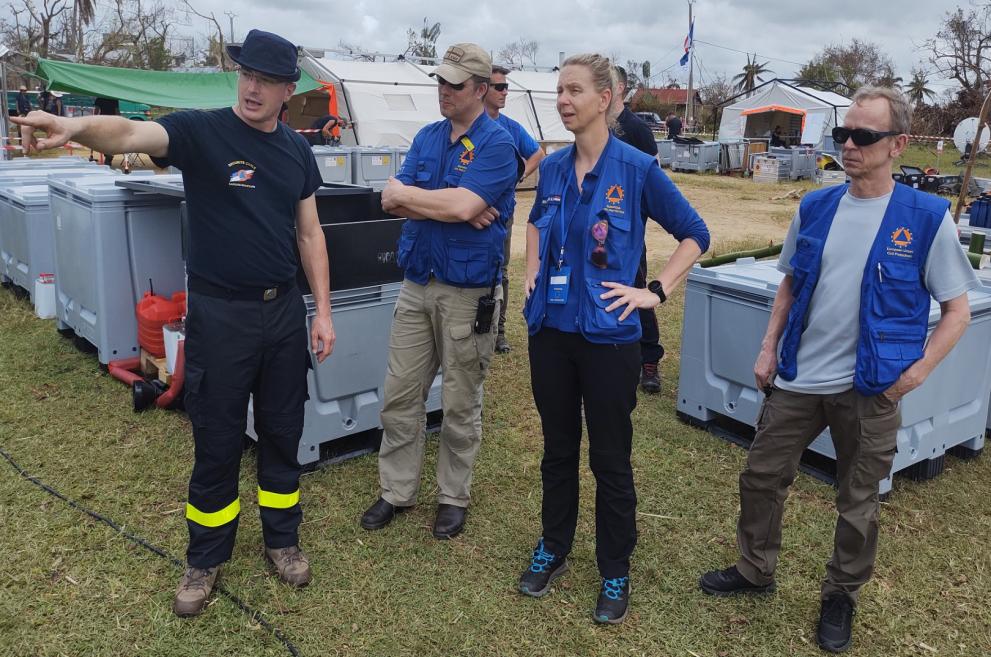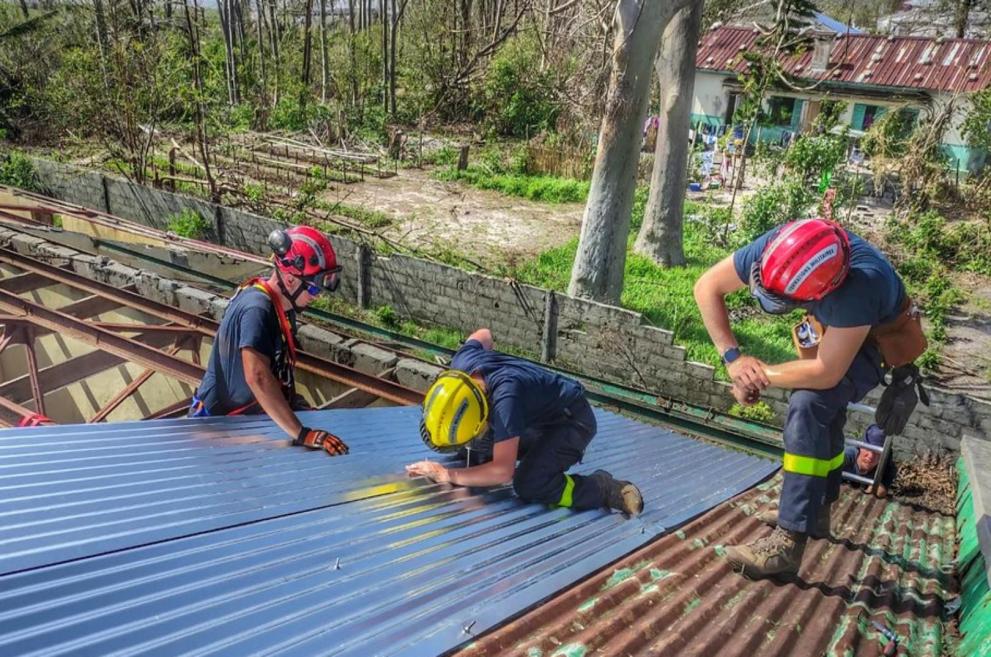
EUCP mission to Madagascar
Delivering effective support after natural disasters: Civil protection team members reflect on the EUCP mission to Madagascar. What makes an effective emergency response mission? EUCP team members share their experiences of the response to Tropical Cyclone Batsirai.


